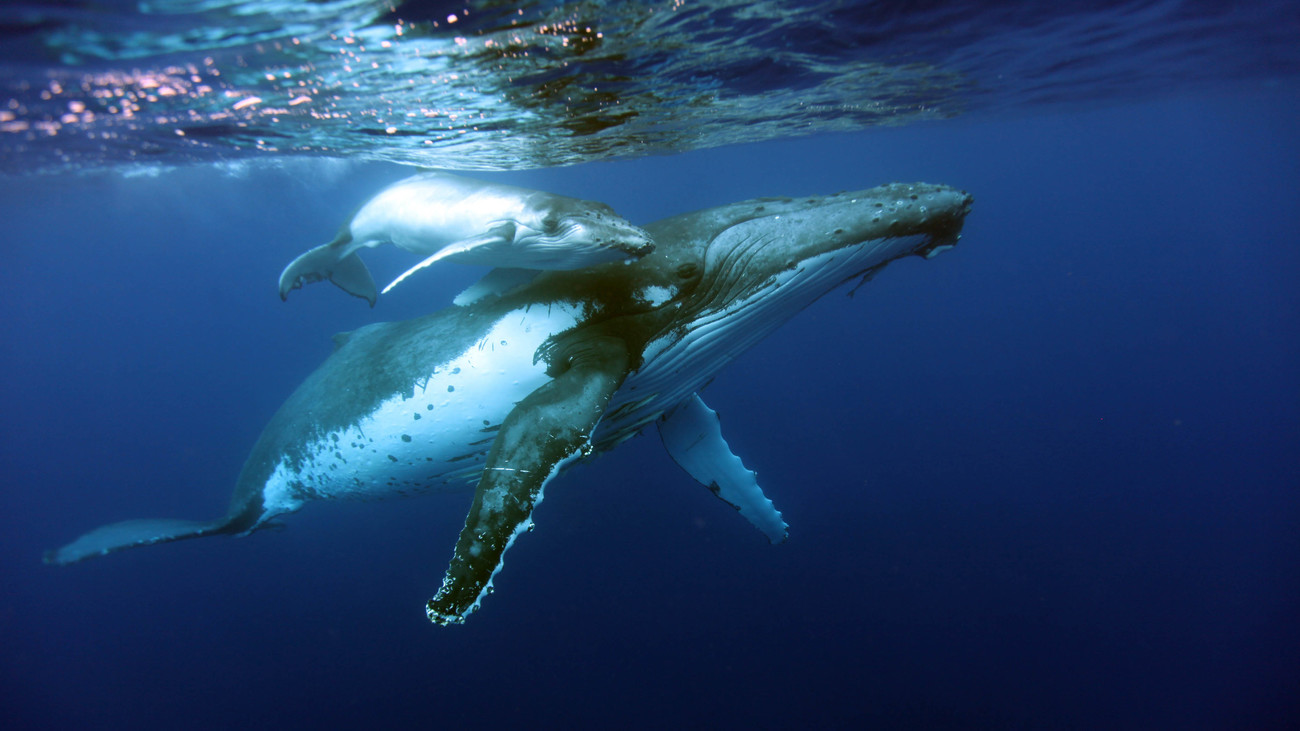Blog
Discover the four layers of the forest—and the animals living in it
Read moreChina strengthens its Wildlife Protection Law as part of national movement to safeguard animals

In China, the arrival of the Year of the Ox on February 12th marks a national movement to better protect wildlife. This week, the country announced the amendment of the list of protected wildlife species in the Wildlife Protection Law (WPL), and launched a nationwide crackdown on illegal wildlife trade, code named “Operation Breeze.”
China’s announcement of vital amendments to the National List of Protected Wild Animals, marks the first major amendment of the list since 1989 when the Wildlife Protection Law (WPL) was put in place. The impact will be felt far and wide; a positive step for all animals. Below are just a few of the improvements we at IFAW applaud:
There is no doubt that the amendment of the list is a long-deserved and important step forward. Last year, IFAW’s Wildlife Crime Prevention team put in two weeks of focused time, going through the draft of WPL online for public opinion and worked on the clauses term by term. We are glad to see progress and good changes made, covering from the principles of list to the key species we have been advocating for.
Yet the implementation of the list demands greater effort from regulatory bodies, the policy makers and the enforcers, more public participation by and from the civil society and the mobilized public. It’s important to note that 61 species on the list – such as sika dear and raccoon dog – are marked with the terms “wild population only.” In order to prevent illegally sourced wild animals from being laundered by commercial breeding facilities, stronger enforcement and an upgraded mechanism to track the source of animals and regulating the operation of commercial breeding facilities is urgently needed.
To implement the Wildlife Protection Law, China also started a nationwide crackdown on illegal wildlife trade. The timing of Operation Breeze, slated to be carried out in the two months from January to March, is significant. The annual lunar New Year festivities provide peak opportunities for wildlife crime, from hunting wild animals in nature reserves to trafficking wildlife parts across international borders.
Operation Breeze focuses on five main areas: wildlife habitats, Internet platforms, physical places such as farmer’s markets, import and export ports, border crossing sites, and key fishing waters in the Yangtze River.
Among these five areas, the Internet is a hidden channel that continues to evolve. IFAW research found that the proportion of Internet and mobile platforms in wildlife crime is gradually increasing. Those platforms cover e-commerce, live broadcast, short video, and social media.
In addition to providing trade trends and intelligence leads to support law enforcement efforts, IFAW collaborates with major internet companies to counter new challenges in detecting online wildlife crime. Professional criminals are good at disguising their activities, for example, by using industry jargon, pictures, or even emojis to evade detection. In April last year, IFAW and the PaddlePaddle Unit of Baidu jointly developed an artificial intelligence (AI)-powered tool to identify images of endangered wildlife products traded online. Initial testing of the "AI Guardian for Endangered Species” found the tool had a 75% accuracy rate in identifying targeted wildlife and their body parts, like elephant ivory, tiger skin, and pangolin scales. IFAW Senior Program Officer Chenyue Ma said, “We hope that more Internet companies take their technology advantages to develop innovative products or applications to combat online illegal wildlife trade.”
Every problem has a solution, every solution needs support.
The problems we face are urgent, complicated, and resistant to change. Real solutions demand creativity, hard work and involvement from people like you.
Unfortunately, the browser you use is outdated and does not allow you to display the site correctly. Please install any of the modern browsers, for example:
Google Chrome Firefox Safari